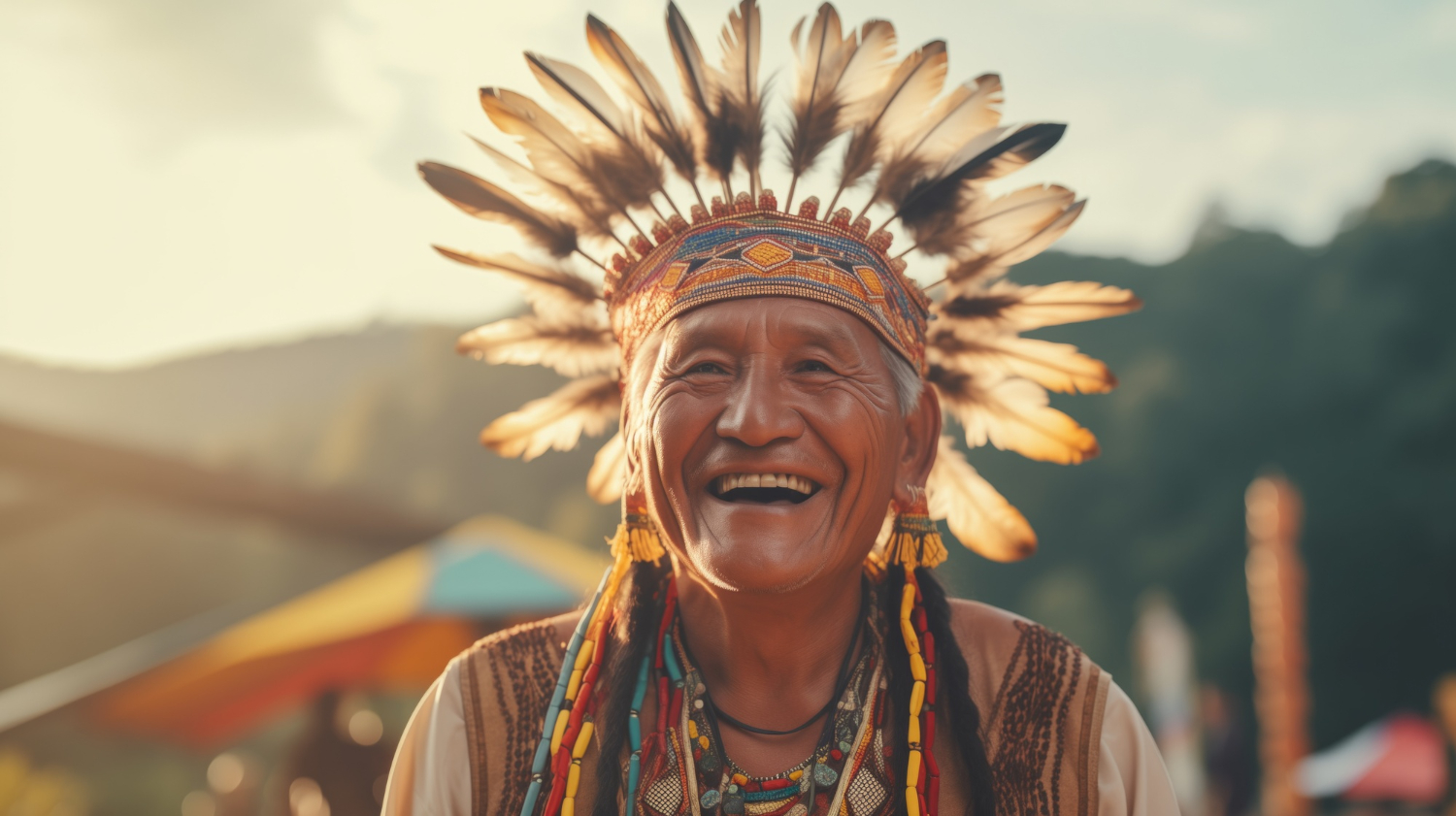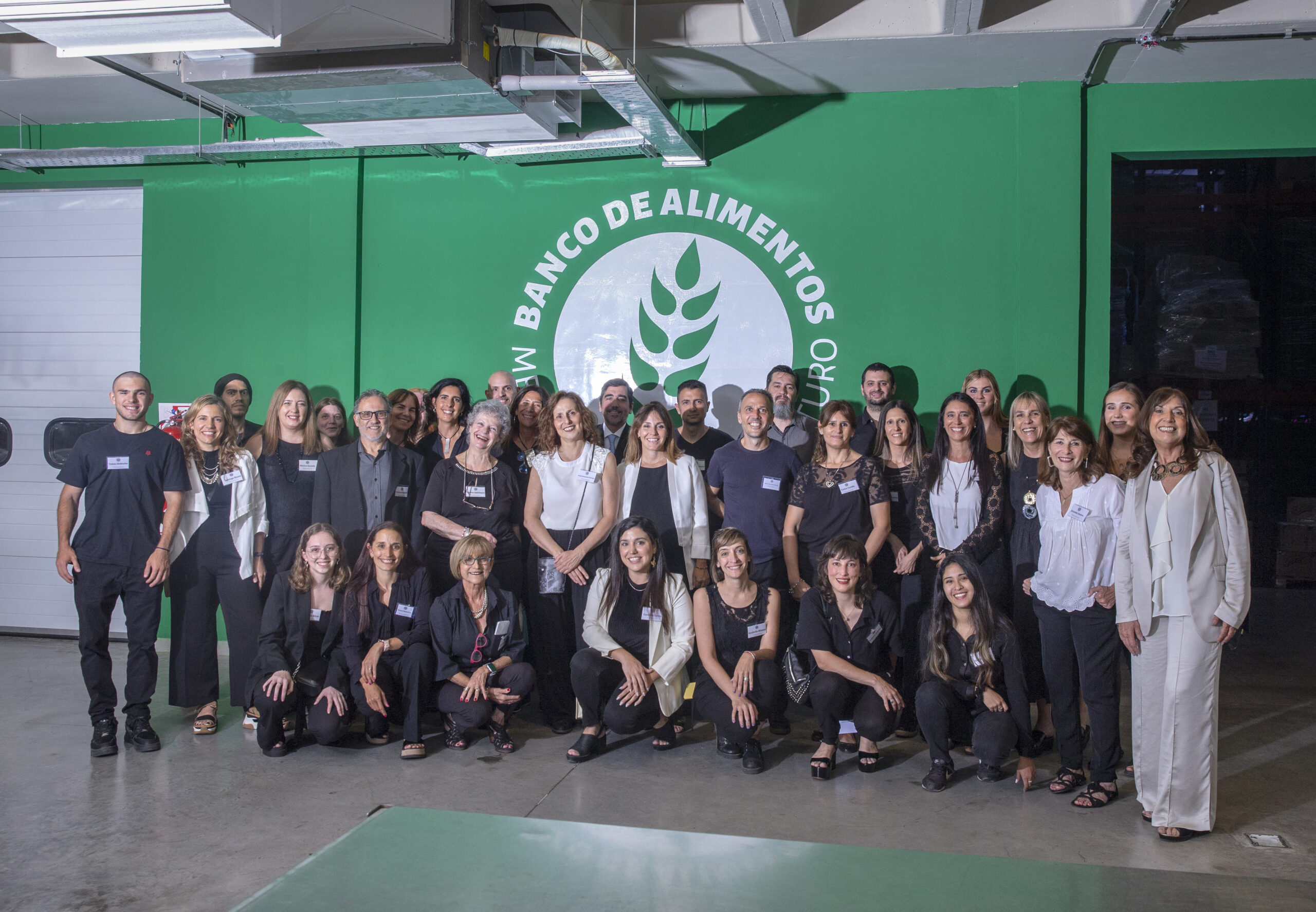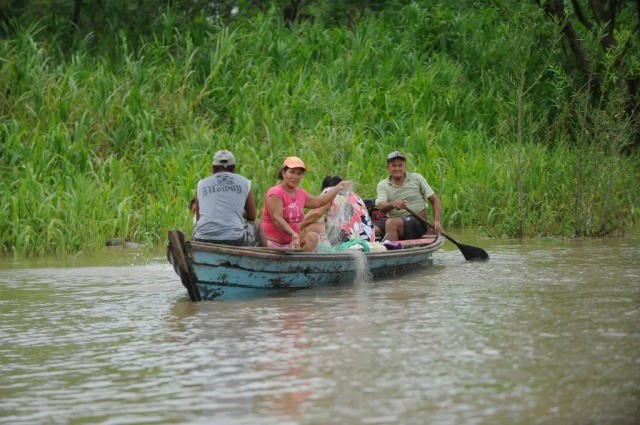Contrary to the bad news, agroforestry
Soil and vegetation regeneration initiatives have acted against this bad news.
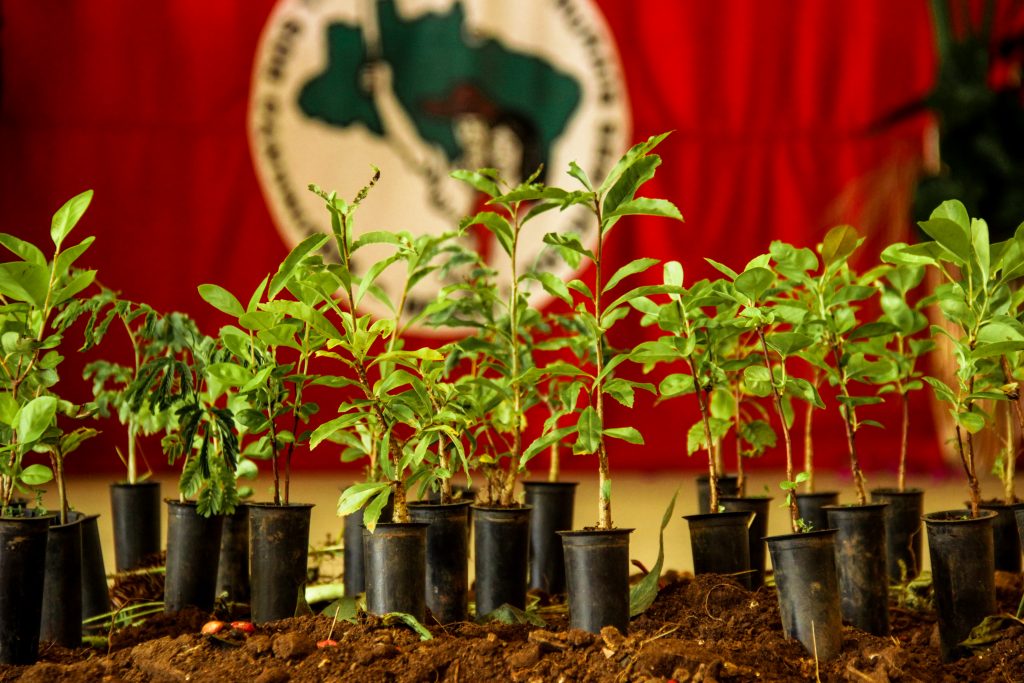
Credit: Disclosure / MST
By: Eduarda Nunes / Lupa do Bem – Favela em Pauta
As Jorge Ben Jor sings, Brazil is a tropical country “beautiful by nature”, but a significant part of this beauty has been continuously degraded by human actions. Currently, the country is going through one of the most difficult periods concerning the environment, with a historic drought that can interfere with the way we consume electricity. But even in this not-so-encouraging scenario, there is still something to hope for.
Soil and vegetation regeneration initiatives have acted against this bad news. Although with few institutional incentives, sustainable initiatives, such as agroforestry systems, have been rehabilitating spaces that had been devastated by poor land use or river degradation. In this way, families rescue the potential of the land while producing food for their subsistence and also for marketing.

On the day that the Brumadinho (MG) dam rupture completed one year, in January 2020, the Landless Movement (MST) launched the National Plan “Plant Trees, Produce Healthy Food” which aims to plant 100 million seedlings in 10 years old. The initiative is an alternative to the model of exploitation of natural resources that is underway throughout Latin America. And it is one more among others who are also in this race to preserve our resources.
In Latin American countries, monocultures (large plantations of a single species) are very present and geared towards foreign trade. Although they generate financial profit, they also lead to kidnapping and impoverishment of land. A healthy land needs a crop rotation that makes it possible to recover what was removed and the production of other vitamins. To try to keep the soil productive and also to accelerate the time between planting and harvesting, farmers use chemical fertilizers and pesticides, which influence the quality of the food that reaches the consumer’s plate.
Another activity that is also important to highlight is mining, which affects both the soil and the rivers. The way of extracting the ores requires that the area be deforested and impoverished, producing a sludge that is highly toxic and consumes a lot of water. In recent situations of mining dam failures in Minas Gerais, we were able to witness how the fatality that carrying out this activity can also affect the human lives that are involved.
In this scenario, agroforestry systems emerge as a respite. They are the combination of tree planting and agricultural products in an attempt to rebalance the earth’s compounds. A mixture of forest and countryside that works very well and has references to traditional indigenous practices, according to André Luiz Soares from the national collective “Plantar Trees, Produce Healthy Foods”.
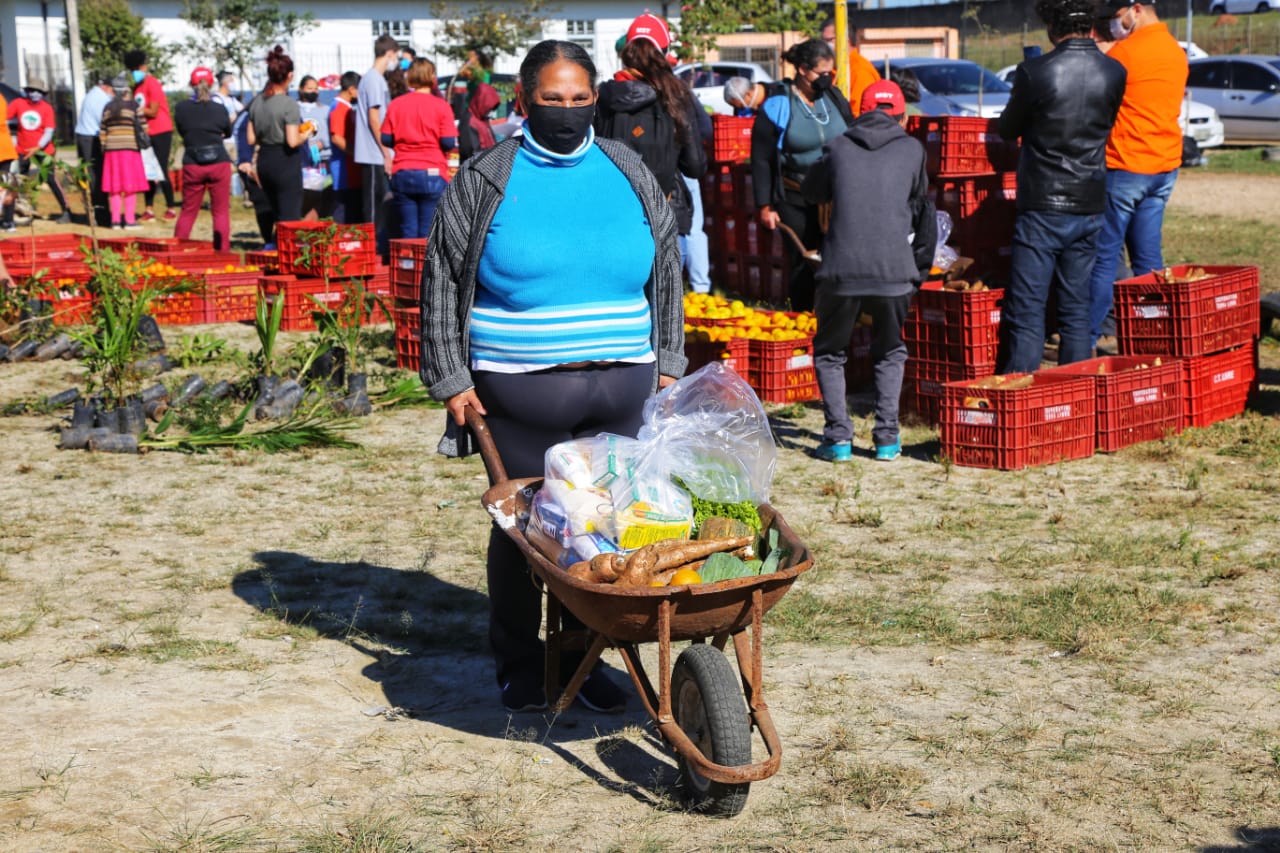
Agroforestry fertilizes the soil organically, without the use of chemicals to accelerate results, and makes the entire cycle of nutrition for the land viable. Organic crops prepare the soil for the trees that provide leaves, fruits and branches, which are organic matter that will be absorbed by the plants. Over time, the local fauna and flora reappear and the degraded areas recover.
The aforementioned National Plan “Plant Trees, Produce Healthy Foods” has been promoting seedling planting actions across the country for over a year intending to reverse the unhealthy conditions that these activities put on the soils. In addition to this campaign, the MST also manages three agroforests in São Paulo, Paraná and southern Bahia.
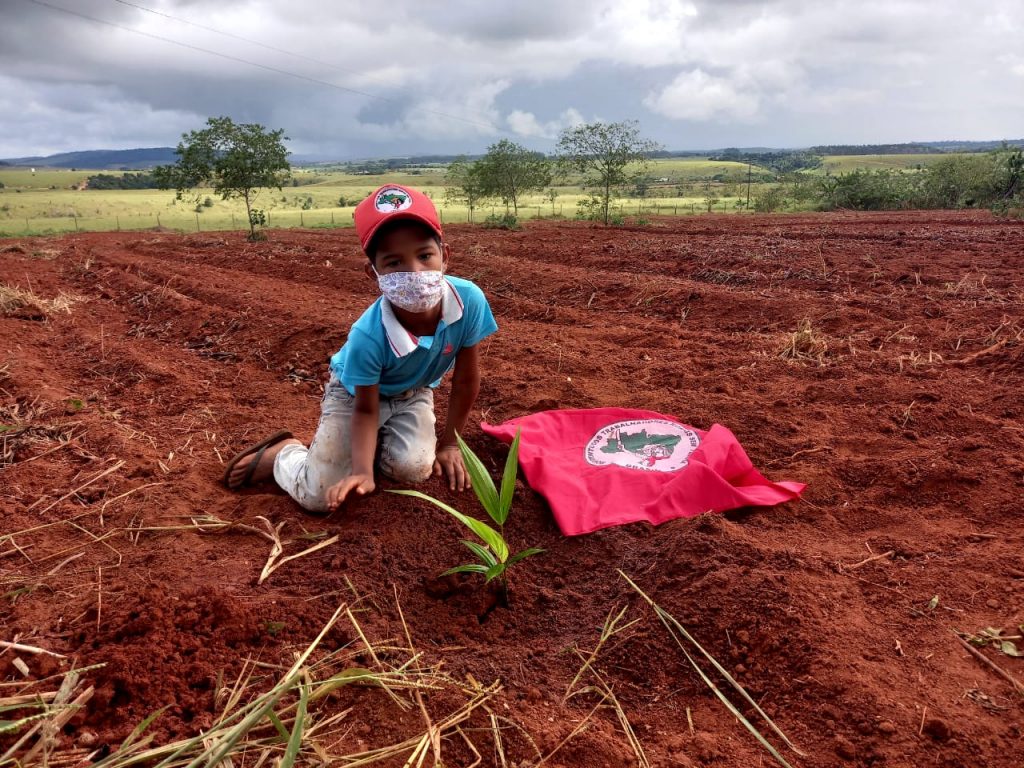
André Luiz says that one of the main challenges, in addition to the lack of government appreciation for this work of soil care and food production, is raising farmers’ awareness about the profitability of this type of planting and the need to rethink the way of producing foods. Currently, these agroforests and other plantations belong to families settled by the MST supply Armazéns do Campo, street markets, cooperatives and agro-industries throughout Brazil.
Image credit: Disclosure/MST
